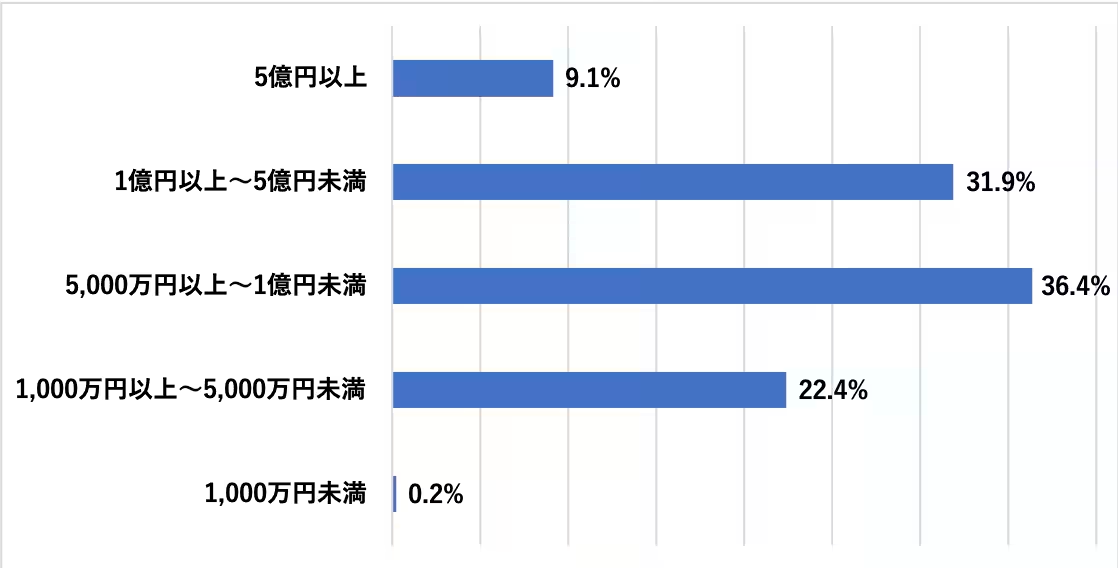

Landmark Tax Corporation Highlights Trends in Elderly Inheritance in Japan
Landmark Tax Corporation's In-Depth Analysis of Inheritance Trends in Japan
As Japan grapples with its rapidly aging population, Landmark Tax Corporation, based in Yokohama, has released a revealing study on inheritance trends from 2022 to 2024 that sheds light on pressing societal issues. By analyzing 3,387 cases of inheritance tax declarations, the firm has highlighted the growing prevalence of what is termed "elderly inheritance". The average age of heirs stands at 68.9 years, while the decedents average 84.5 years of age, illustrating the reality of elder-to-elder inheritance in the country.
Key Findings from the Study
- - 75% of Decedents are Aged 80 or Older: This statistic illustrates the extent of the aging population's effect on inheritance.
- - Heirs Average 68.9 Years of Age: With a substantial portion of heirs nearing 70 years old, the challenges they face in managing wealth are significant.
- - Average Portfolio Size of 200 Million Yen: Interestingly, 59% of cases show that the inheritance value is less than 100 million yen, indicating that a large portion of estates are modest yet still carry significant implications for stagnant asset management.
- - Demographics of Decedents and Heirs: Approximately 94.2% of decedents and 61.2% of heirs are aged 65 or older, signaling a potential crisis in estate transfer management.
The Implications of Elderly Inheritance
The increase in elderly inheritance raises several concerns that warrant attention:
1. Diminished Management Capacity: As heirs age, their ability to manage complex financial and tax matters declines, placing burdens on these individuals who may also be dealing with health issues such as dementia. In other cases, decedents may have lacked a comprehensive grasp of their assets, thereby complicating the inheritance process.
2. Risk of Subsequent Inheritance Events (Multiple Successions): In instances where elder heirs inherit assets, they face the risk of passing away shortly after, initiating a cascade of additional succession processes that can quickly become complicated and lead to disputes over inheritance and financial burden shifts to younger generations.
3. Stagnation of Inherited Financial Assets: Ideally, the inheritance process should encourage intergenerational wealth transfer. However, with older generations mainly inheriting from one another, financial assets often stagnate rather than circulate within the economy, posing long-term risks to wealth distribution across age groups.
Strategies to Address Elderly Inheritance
Given the increasing incidence of elderly inheritance within Japan's aging society, early intervention is paramount. Here are some suggested strategies:
- - Encourage Lifetime Gifting: Utilizing lifetime gifts can assist in transferring wealth to younger generations before it is subject to inheritance tax.
- - Establish Clear Will Directives: Creating a will helps clarify asset distribution and can minimize disputes during the succession period.
- - Use of Adult Guardianship Systems: Implementing family trusts or adult guardianship can provide safeguards in case heirs experience diminished decision-making capabilities.
- - Consulting Professionals: Engaging with tax advisors, lawyers, or professionals in succession planning ensures appropriate advance measures are taken to mitigate risks associated with elder inheritance.
About Landmark Tax Corporation
Founded on January 4, 2008, Landmark Tax Corporation focuses specifically on inheritance taxes and estate management. With over 9,500 cases of inheritance tax declarations and more than 200,000 consultations, the firm has established itself as one of Japan's leading authorities in this specialized area.
Located in the prestigious Yokohama Landmark Tower, the firm prides itself on utilizing expert knowledge to assist both inheritors and the elderly in navigating the complex landscape of inheritance.
For more information on their services and expertise visit their official website at Landmark Tax.
Conclusion
As Japan continues to face the challenges of an aging population, understanding and addressing the trends in elderly inheritance will be vital for ensuring a smooth transition of wealth between generations, while also safeguarding the financial well-being of older citizens.



Topics Business Technology)










【About Using Articles】
You can freely use the title and article content by linking to the page where the article is posted.
※ Images cannot be used.
【About Links】
Links are free to use.